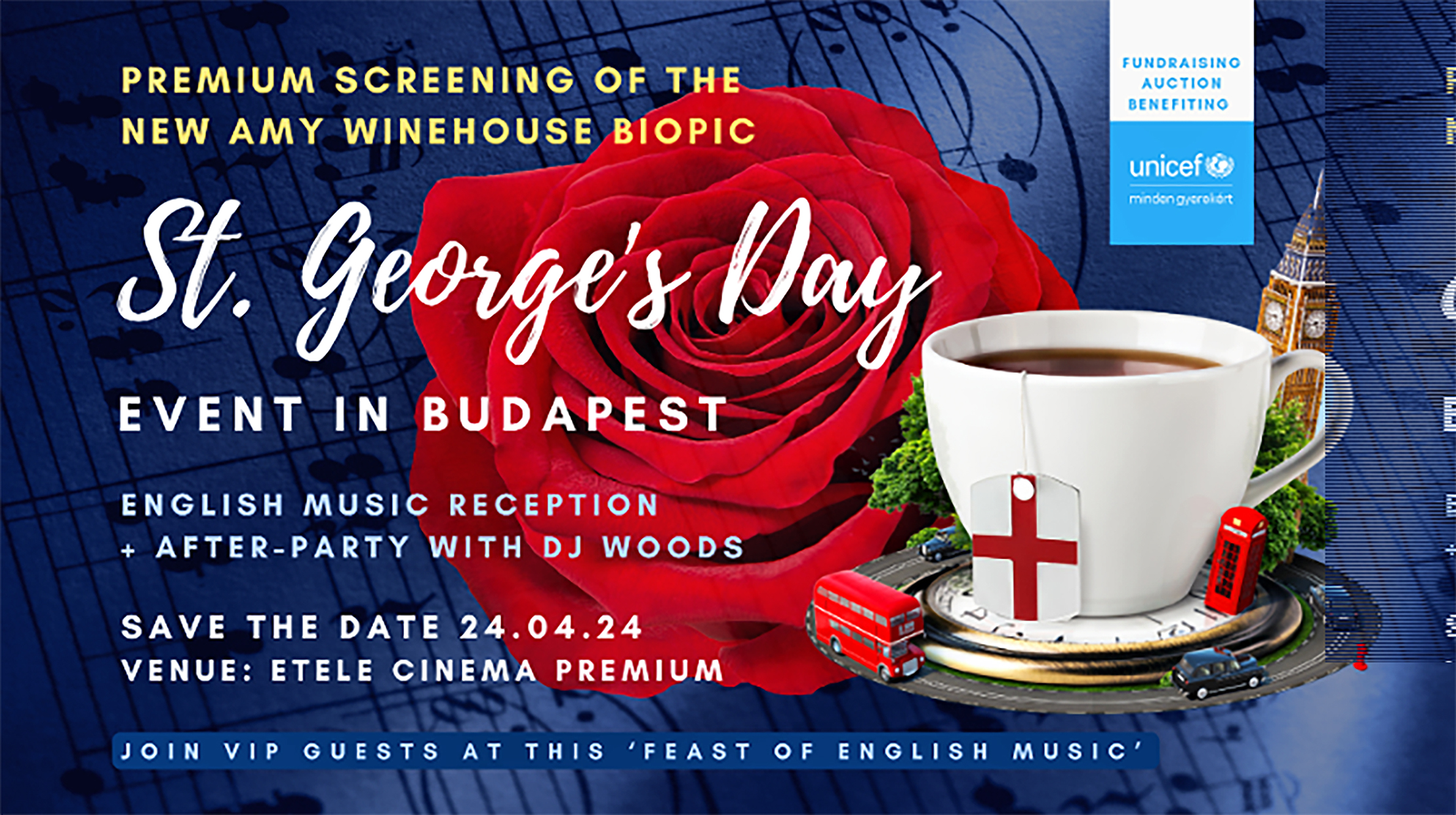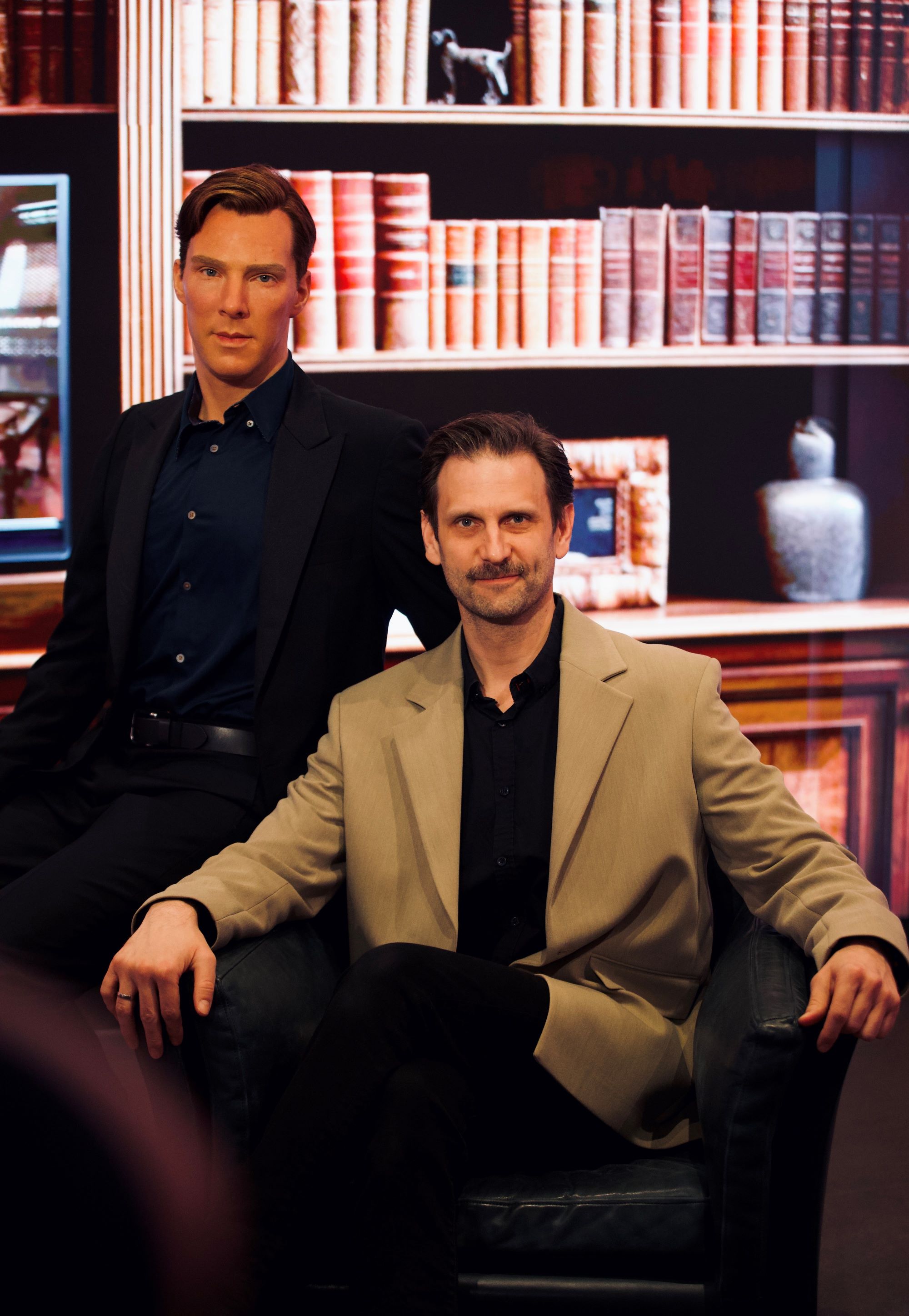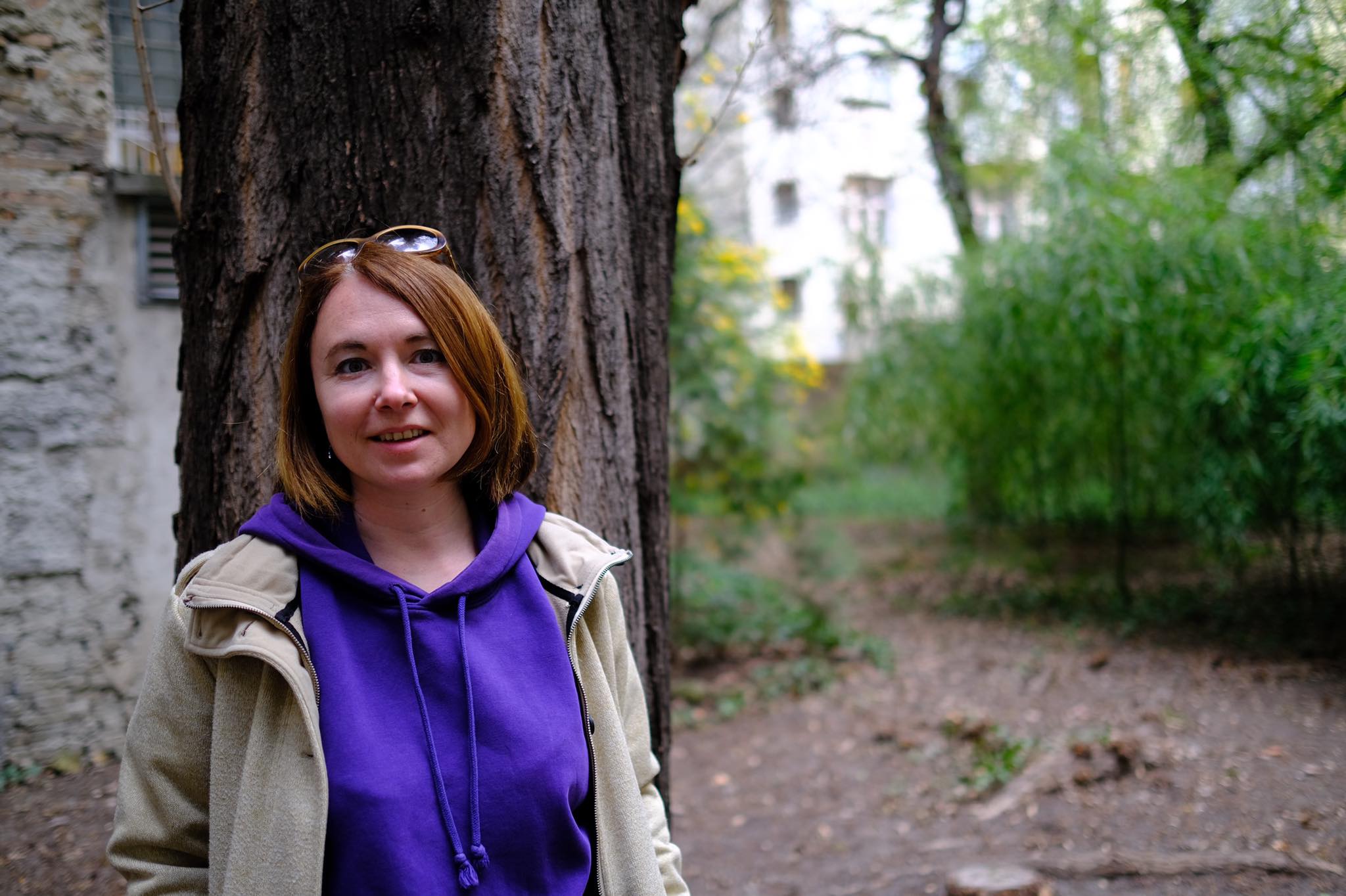MTel, Municipal Library to Bridge Generational Digital Divide

From left: Zoltán Pereszlényi, deputy CCO of Magyar Telekom, program ambassadors Judit Endrei (a retired TV personality) and Dániel Ungvárszki (a popular young influencer), and Dr. Péter Fodor, director general of the Metropolitan Ervin Szabó Library.
Magyar Telekom and the Metropolitan Ervin Szabó Library, the most extensive library network in Budapest, have launched a joint Netrevalók (Net worthy) program, which introduces older people to digital solutions that can help them in their everyday lives.
According to 2022 census data from the Central Statistical Office, more than 32% of the Hungarian population aged 18 and over, around 2.5 million people, are older than 60, but there is a very significant gap in the use of digital devices between these and those aged 70 and over. While 77% of the former use smartphones and 68% regularly use the Internet, 26% of the over-70s do not use a mobile phone at all, only a quarter have a smartphone, and 63% do not even send SMS messages from their phone.
The Ervin Szabó library network has for years supported the acquisition and development of digital literacy and digital culture through its initiatives, services and programs.
It is vital to ensure that groups with less digital literacy, such as elders, are aware of and have access to the opportunities offered by technology. However, many of them need support and guidance to do so. The obvious place to get this help is from those most familiar with technology: young people who are happy to spend their time providing useful and enjoyable support.
This was the idea behind MTel’s 2019 Become a Generation Now! scheme, which has been providing digital training to older people in the capital and seven regions across the country in collaboration with secondary schools and regional civil society partners as part of the school community service program. Since its launch, the initiative has reached approximately 59,000 participants: 6,900 face-to-face and 52,100 online.
This initiative has been renewed and expanded by MTel in partnership with the Metropolitan Ervin Szabó Library with the launch of the Netrevalók program. Experience has shown that, for young and old to meet, there needs to be a permanent physical space accessible to all and where they feel at home.
Familiar Meeting Place
Libraries are a common meeting place for the age groups. This is not only because of the large number of children and elders who already use libraries but also because it was in these buildings that the Metropolitan Ervin Szabó Library organized the first basic internet training courses two decades ago.
In the years since, thousands of people, mainly the elderly, have attended the sessions, initially with the help of librarians, but in recent years, increasingly with the involvement of community service students. The library network has been working with educational institutions on school community service for 10 years, and this year has already partnered with more than 220 schools.
The free Netrevalók sessions will occur on the second Wednesday of each month at a fixed time in 24 designated libraries in Budapest. Students will introduce older people to active device and internet use and digital solutions that may be useful to them, tailored to their level of knowledge and interest. They will cover topics such as using social media, e-books, internet safety, connecting and managing online, entertainment, hobbies, transportation, travel planning, photo editing and digital photography, health and exercise.
During the sessions, topics of interest to older people will be explored online together with young people, using the smart devices that older people often carry in their pockets but do not know the full potential of.
The program’s ambassadors represent the two generations targeted by the initiative: Judit Endrei, a retired television personality, and Daniel Ungvárszki, a popular young influencer.
Intergenerational Communication
“The Netrevalók program proves that digitalization is not necessarily alienating, but can be an effective way to foster intergenerational communication, understanding and acceptance,” Zoltán Pereszlényi, deputy chief commercial officer of Magyar Telekom, said at the official launch on Oct. 25.
“Not only do young people pass on knowledge to older people, but they also learn a lot by working together: empathy, communication and cooperation skills can be developed, as well as skills such as critical thinking, complex problem solving and creativity,” he pointed out.
“We learn a lot from the participants’ feedback, both from a business point of view and as an employer, because, on the one hand, we can gain direct insight into the mindset of Generation Z, and on the other hand, by digitally empowering the elderly, we can develop the services they need most,” Pereszlényi added.
For Metropolitan Ervin Szabó Library, the link up with MTel helps it achieve a fundamental goal in supporting digital inclusion and literacy.
“Our aim is to develop the digital skills of different target groups through experiential learning, which is why we launched the Library Pro program this year, programming, robotics, and reading sessions for children and the elderly, who make up about 20% of our readers and users, and why we consider it important to implement the Netrevalók program with Telekom, following similar initiatives in the past,” says Péter Fodor, director general of the library network.
“A good IT infrastructure and the development of our services based on it are essential - that is why we recently equipped our new Soroksár Library [District XXIII] with smart desks, low-floor workstations and self-service lending tools, but it is also important that the public is able to use digital tools and services,” he adds.
Metropolitan Ervin Szabó Library
The Fővárosi Szabó Ervin Könyvtár was established as the Metropolitan Library in 1903 and opened in 1904 under its first director, Ervin Szabó (described by Wikipedia as a “Hungarian social scientist, librarian and anarcho-syndicalist”). He modeled a network on the British public library system and even had plans for a central “library palace,” but World War I disrupted these, and he died in 1918.
The plans were not abandoned, however, and the Metropolitan Library acquired its current HQ in 1927. It was originally built in 1889 for Count Frigyes Wenckheim (a wealthy landowner and MP) and his wife Krisztina. The couple were well known for their parties and charity events; Emperor Franz Joseph is said to have attended one here. When the count died without an heir, the city bought the building. After four years of reconstruction, the library opened in 1931. In May 1946, the institution adopted the name of its founding director general.
This building has been featured as a backdrop in several movies, including “The Phantom of the Opera” and “Red Sparrow.” The fourth floor features rooms with original fittings, and the building is open to the general public both as a library and for tourist visits (provided you are quiet!) for HUF 1,700 / person.
Students and senior citizens can register for the Netrevalók program online at www.helloszulo.hu/netrevalok.
This article was first published in the Budapest Business Journal print issue of November 3, 2023.
SUPPORT THE BUDAPEST BUSINESS JOURNAL
Producing journalism that is worthy of the name is a costly business. For 27 years, the publishers, editors and reporters of the Budapest Business Journal have striven to bring you business news that works, information that you can trust, that is factual, accurate and presented without fear or favor.
Newspaper organizations across the globe have struggled to find a business model that allows them to continue to excel, without compromising their ability to perform. Most recently, some have experimented with the idea of involving their most important stakeholders, their readers.
We would like to offer that same opportunity to our readers. We would like to invite you to help us deliver the quality business journalism you require. Hit our Support the BBJ button and you can choose the how much and how often you send us your contributions.











